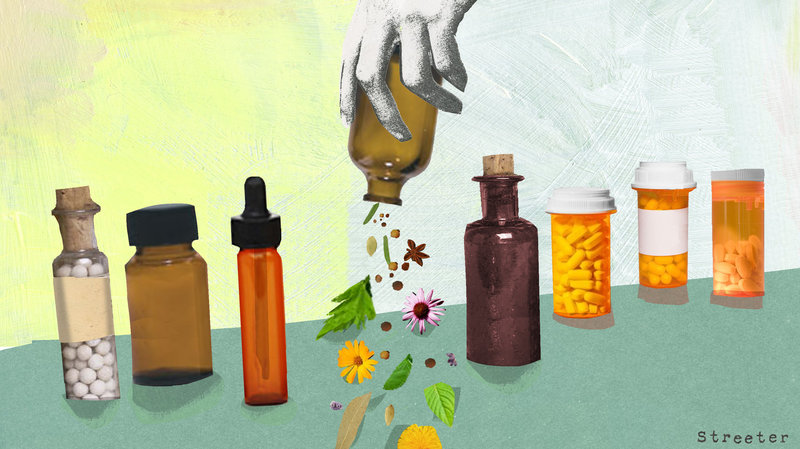
Federal jury clears maker of Homeopathic products in $255m class
In a class action of importance to producers, marketers, and sellers of Homeopathic products, on Friday, September 18, 2015, a federal jury in the false advertising trial of Allen, et al. v. Hylands, Inc., et al., Case No. 2:12-cv-01150 (“Hylands”) took less than a day to find defendants did not breach any express warranty or violate the California Consumer Legal Remedies Act, California Civil Code sections 1750 et seq.
The putative class plaintiffs sued defendants Hylands, Inc. and Standard Homeopathic Company alleging they made false and misleading representations about the effectiveness of the active ingredients in 12 homeopathic products produced, marketed, and sold by the defendants throughout the United States.
Homeopathic products are derived from botanical, mineral or biological substances and are classified as either over-the-counter (OTC) or prescription medicines. In contrast to conventional (allopathic) medicines, Homeopathic remedies are predicated in part on the “principle of dilutions” under which active ingredients are thought to be more clinically useful or effective when they are significantly diluted, typically with purified water or an alcohol solution.
Homeopathic remedies and their packaging are not reviewed by the Food and Drug Administration (“FDA”). Homeopathic remedies, however, are classified as drugs under, and subject to, the Food, Drug, and Cosmetic Act, and thus, must comply with the labeling requirements of the Act. The FDA has stated that it is not aware of any scientific evidence that Homeopathic products are effective.
Back in August 2014, a California federal district court judge certified a nationwide class of purchasers of 10 of the products covering February 2008 to the present. The plaintiffs claimed defendants’ 12 Homeopathic products, including some intended for infants and children, did not work as advertised because they were so diluted that the ingredients were “effectively non-existent” and the products were therefore not effective for their intended uses. The plaintiffs also alleged the homeopathic products labeling claims of “100% Natural,” “All Natural,” and “Natural” were untrue as the products purportedly contained synthetic chemicals, synthetically derived or chemically reduced elements, artificially produced elements, and/or dangerous or potentially dangerous ingredients.
The trial in Hylands spanned approximately two weeks and included expert testimony from both sides. Plaintiffs’ expert, Dr. Noel Rose, the director of John Hopkins’ Center of Autoimmune Disease Research testified as a medical expert, having reviewed materials provided by the plaintiffs’ counsel, as well as his own research into clinical and compilation studies, expert reports, published journal reports and the Hyland’s products and their labels. Dr. Rose stated, “[In] my opinion, there is no sound scientific or medical evidence that they provide any benefit to patients with medical conditions, such as those described and indicated on the labels, beyond the placebo effect.”
Defendants kicked off their defense by calling Dr. Iris Bell, a former Harvard psychiatry instructor and holder of a doctorate degree from Stanford University in neuro- and bio-behavioral sciences who has consulted with Highlands, Inc. to design clinical trials. Bell testified about her scientific studies in multiple chemical sensitivity and homeopathy, including how “nanoparticles” and “nanobubbles” can have an effect in biological cells. Dr. Bell opined, “It is very clear that nanoparticles in low doses are capable of capable of creating hermetic effects…similar to vaccine.” Dr. Bell explained how “hormesis” is a medical principle that describes how small doses of a substance can trigger the opposite effect of high doses of the same substance.
Although the plaintiffs initially sought full refunds worth $350 million, plaintiffs’ counsel wrapped up closing arguments with a demand of $255 million for allegedly tricking consumers into purchasing “simple sugar pills” that provide no medical benefit.
The jury of six women and three men did not agree, and needed less than a day to deliberate.
-Tucker Ellis

Leave a Comment